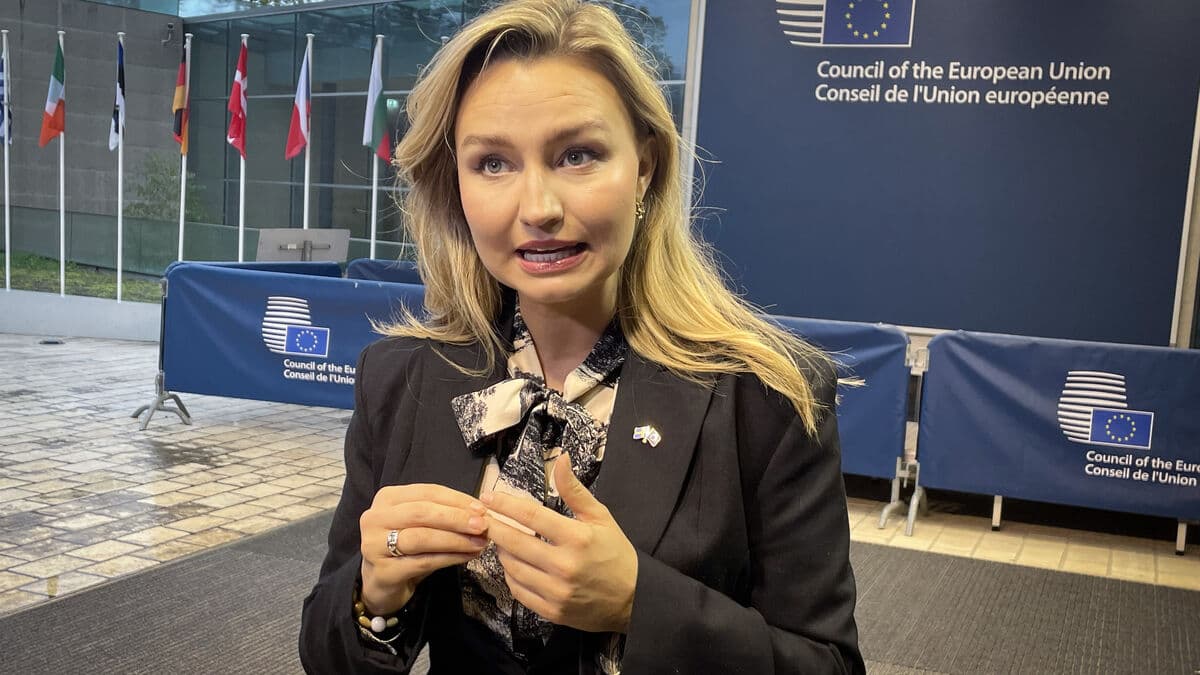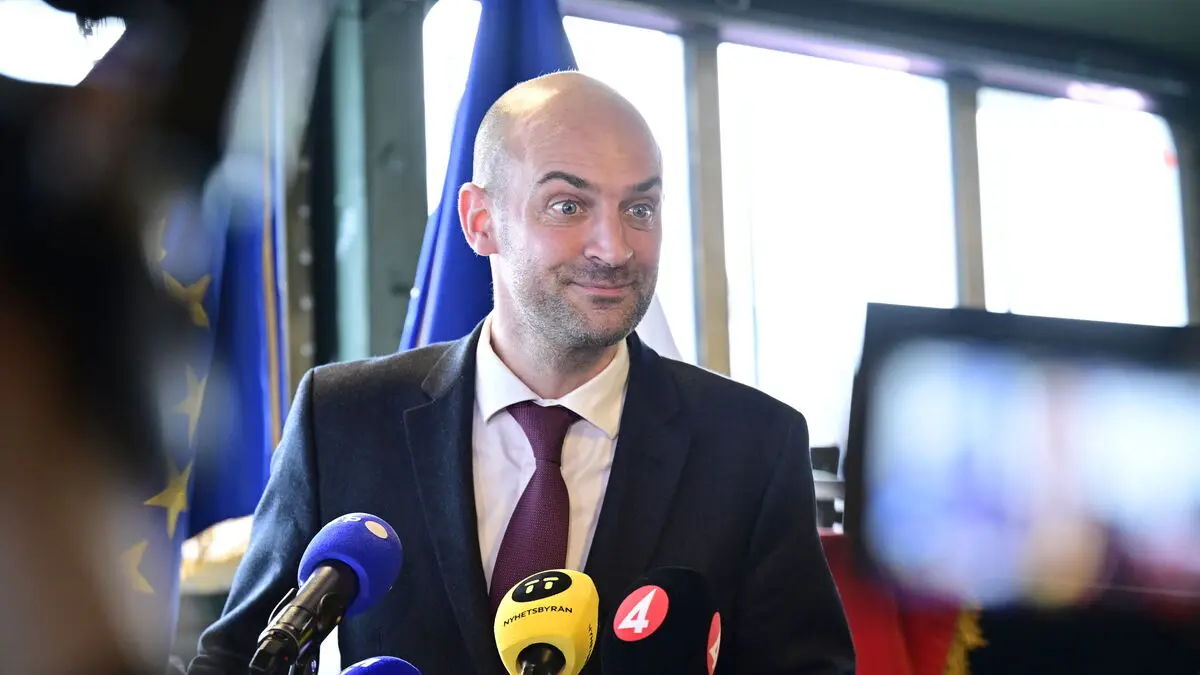Despite the fact that Russia's war of aggression against Ukraine has been going on for 3.5 years, large quantities of natural gas have still been purchased by some EU countries. Now the idea is that the import of both liquid and pipeline-bound Russian gas will be prohibited in stages, where importers who have entered into long-term agreements will have until January 1, 2028 to turn off the taps.
Denmark's Climate and Energy Minister Lars Aagaard, who led the negotiations, calls the proposal a "freedom package".
The decision we make here shapes the future of our continent. Now we stop financing Russia's war machine through our energy bills, notes a satisfied Aagaard at the meeting.
Anger from Hungary
Sweden would have liked to see a tougher line.
It's high time we manage to take this step. We would have liked to see that it had happened much earlier and with a higher level of ambition, says Ebba Busch.
However, Hungary's Foreign Minister Péter Szijjártó is anything but satisfied.
Our secure energy supply in Hungary will be killed. This is not about politics. It's not about Russia. The infrastructure that exists cannot supply us, claims Szijjártó at the meeting.
However, the resistance from Hungary and Slovakia is not enough to stop the proposal.
Clear before New Year?
The European Parliament wants to move both faster and harder. The responsible committee voted last week in favor of a ban from January 1, 2027 - and also wants to ban Russian oil.
The goal is for compromise negotiations between the parliament and the member states to be completed before the turn of the year.
This is not the end. It's just the beginning of a transition where our continent is moving away from fossil fuels for energy supply, says Danish Aagaard in Luxembourg.
The European Commission presented a plan in May to completely phase out all Russian fossil fuels. In June, it followed up with a concrete proposal on how to stop natural gas in particular.
The EU countries have now backed a phase-out in several steps: imports from completely new contracts are prohibited from January 1, 2026. Short contracts signed before June this year can continue until June 17, 2026, while long-term contracts can apply until January 1, 2028.
The plan also includes that all EU countries that still import Russian oil must draw up plans for their phase-out with the aim of having completed their import by January 1, 2028.






